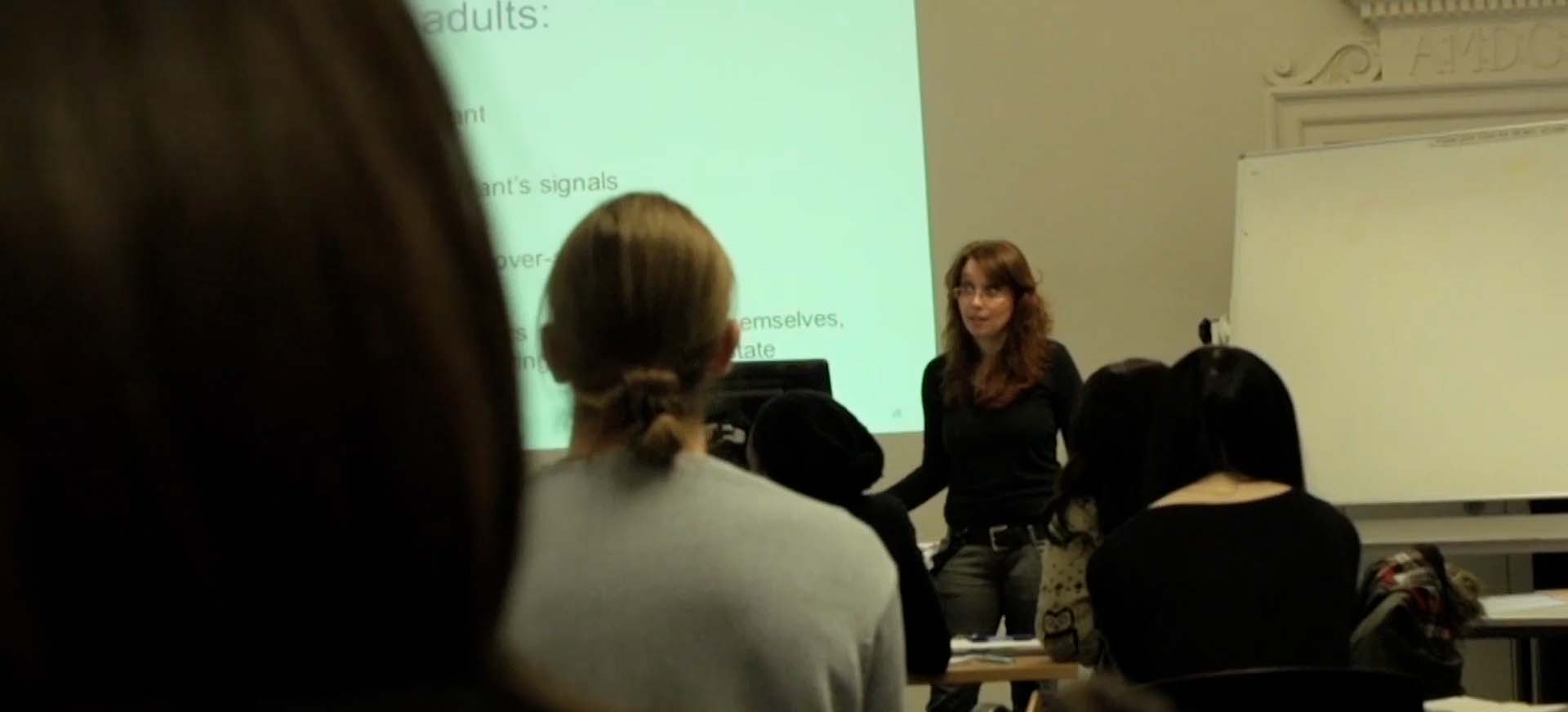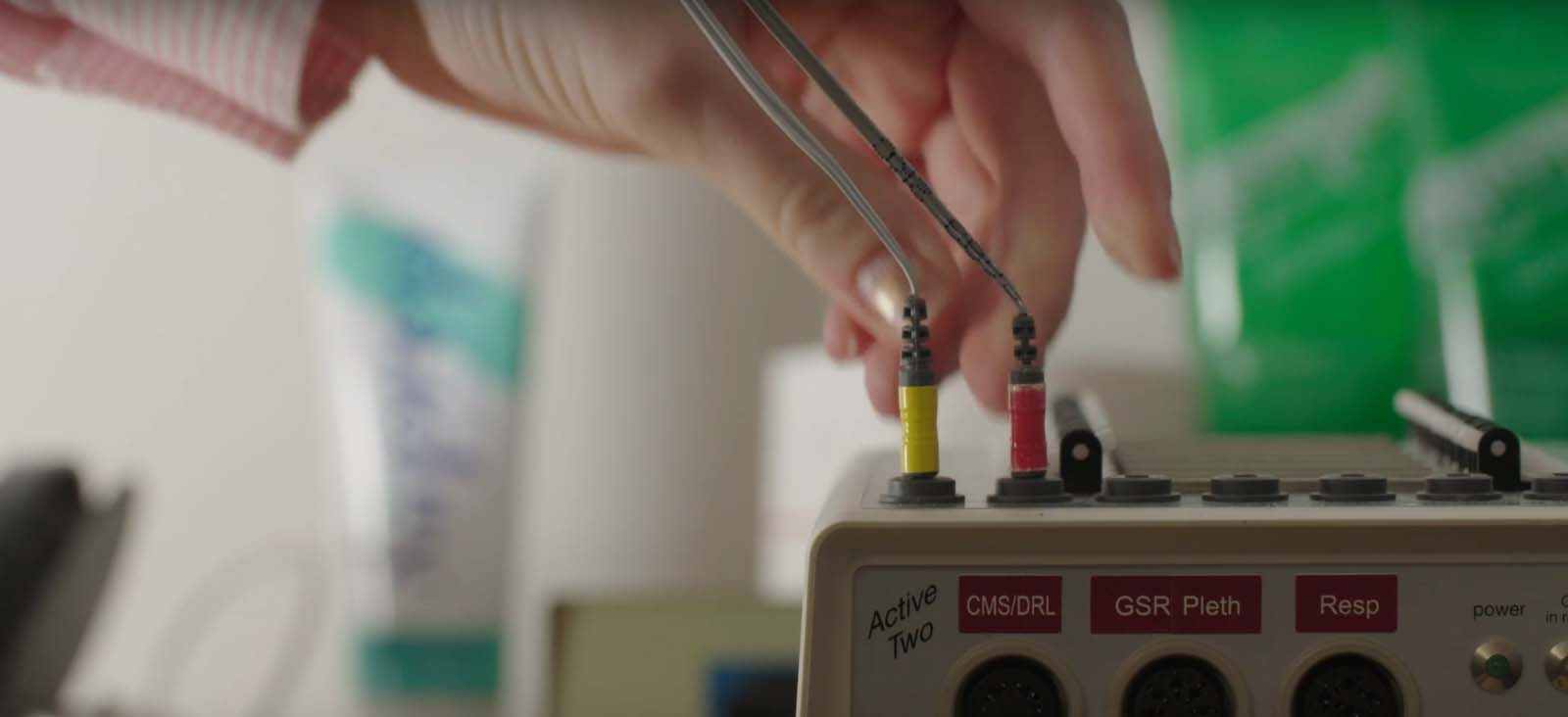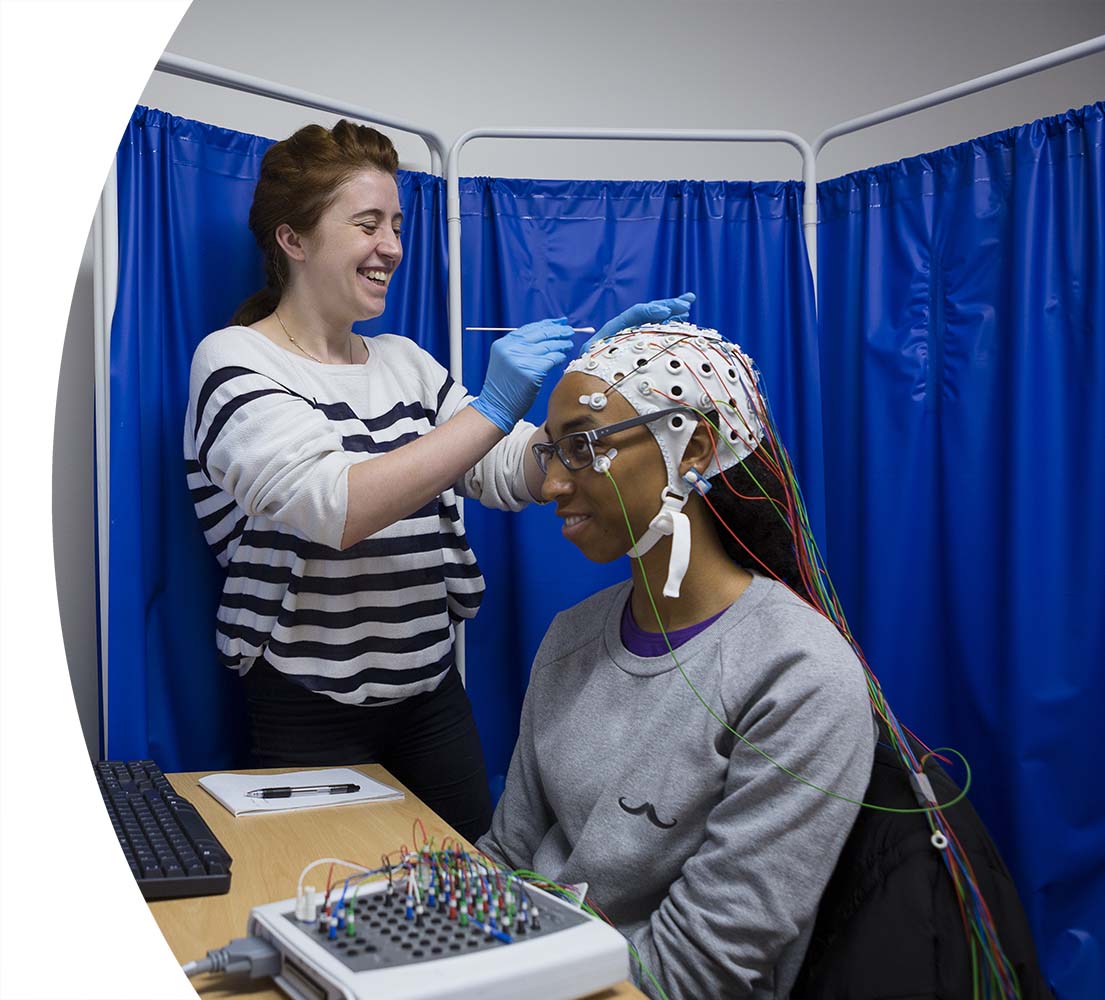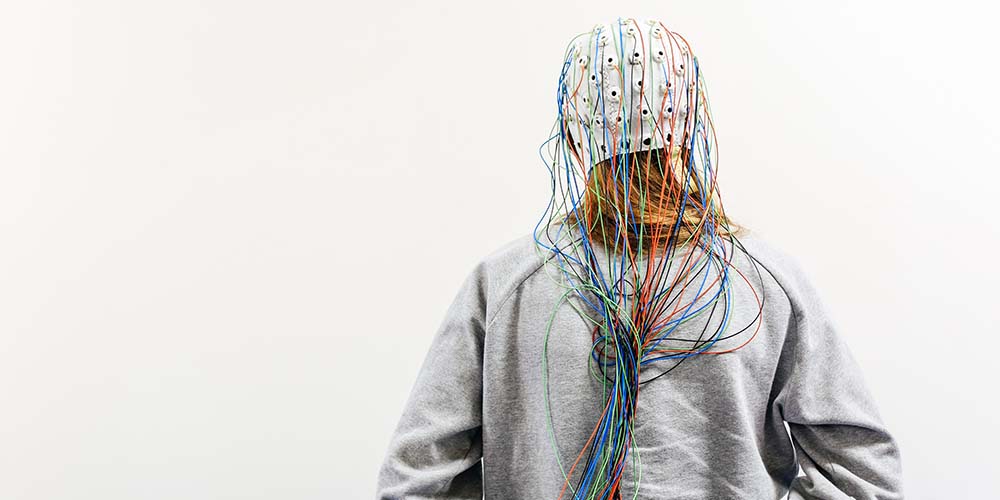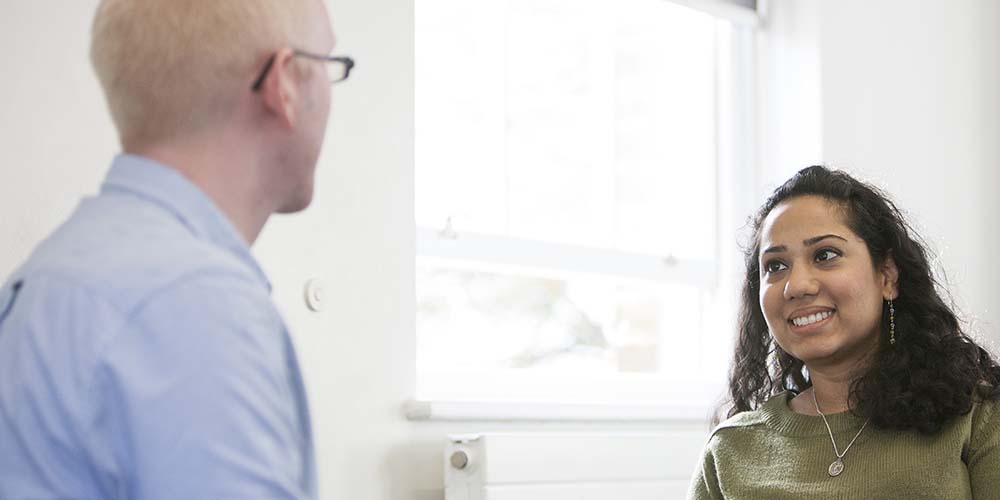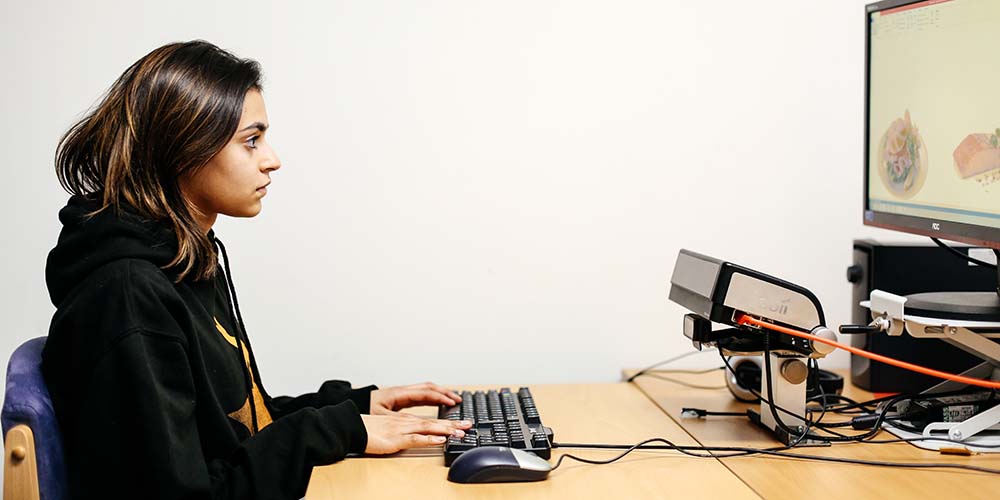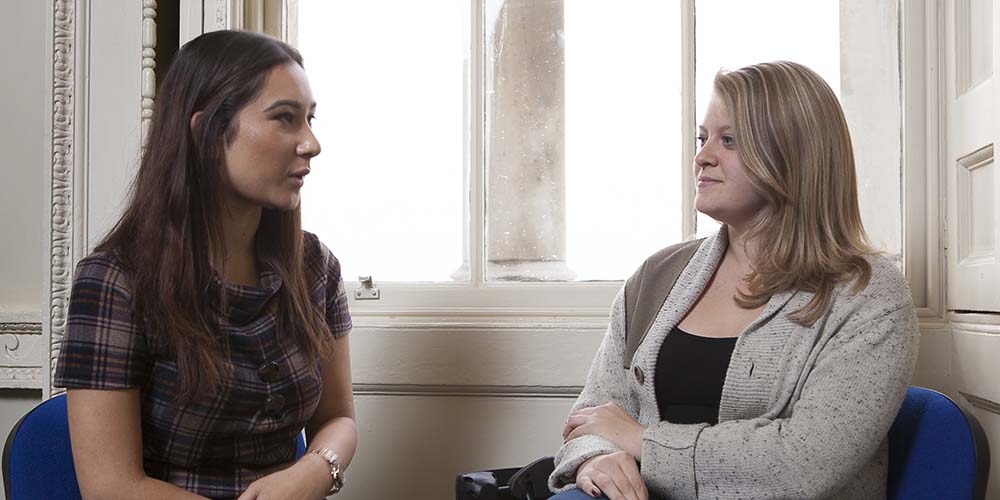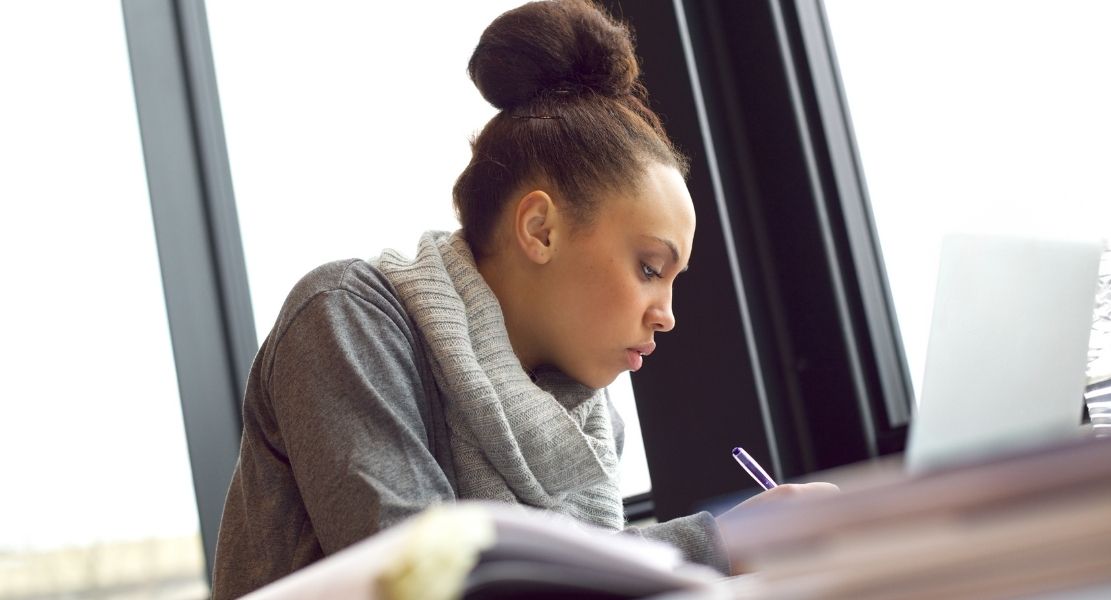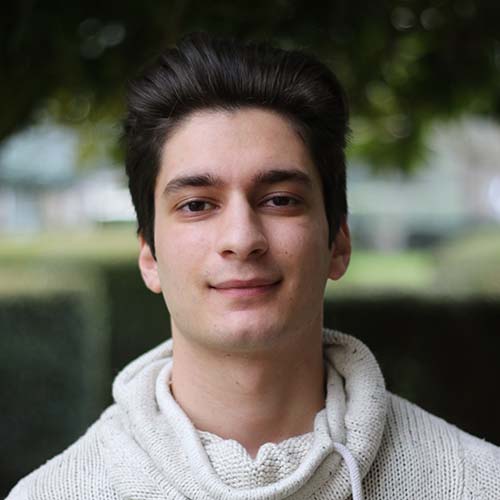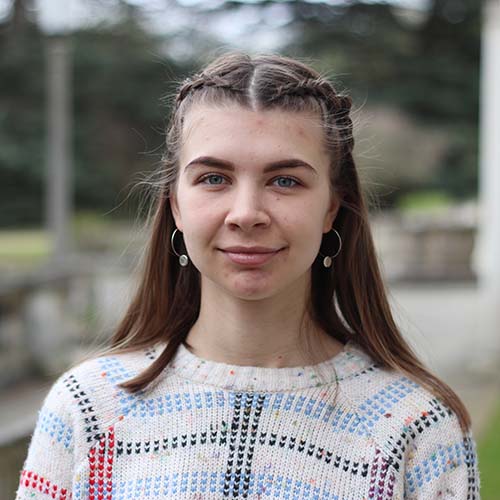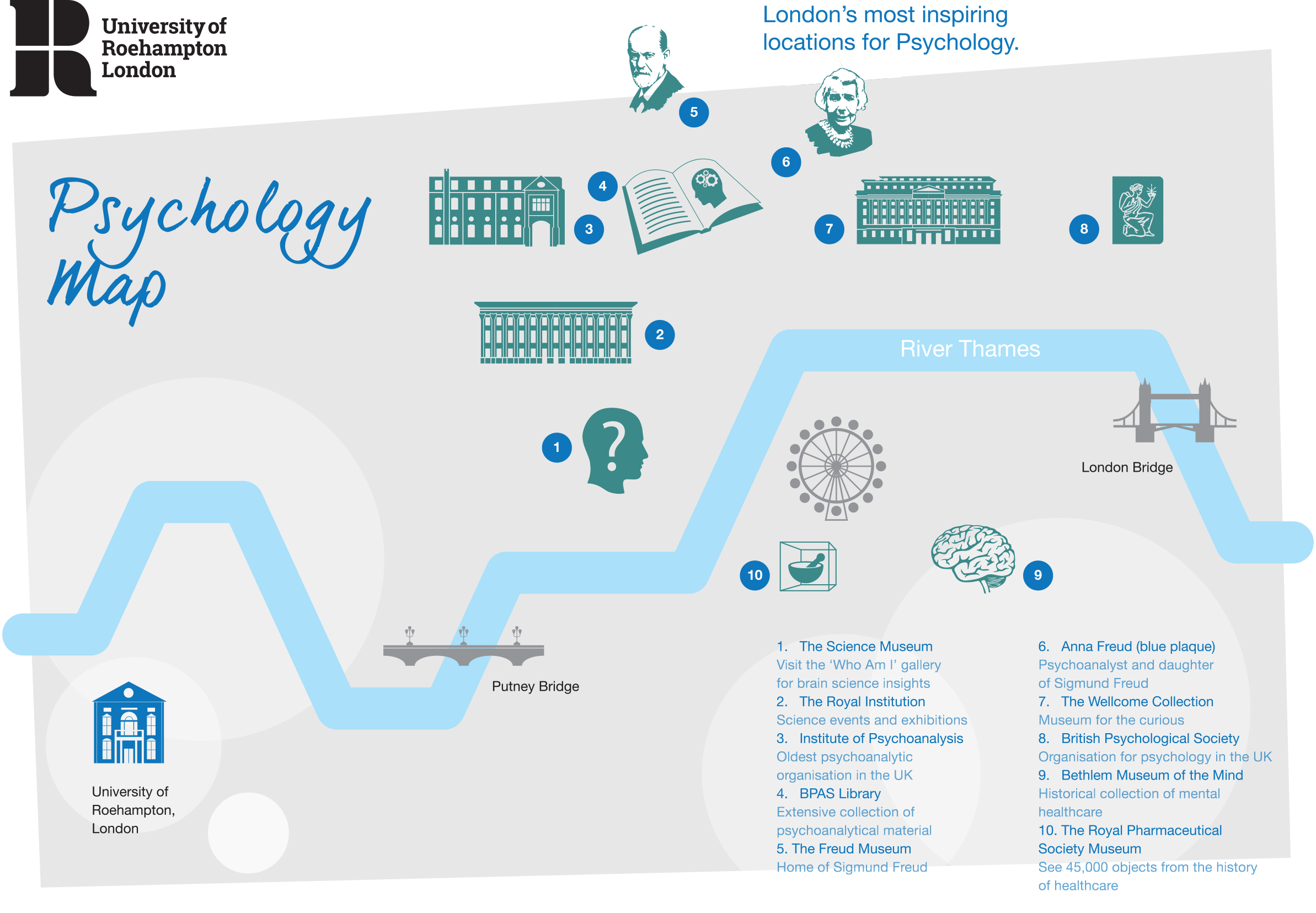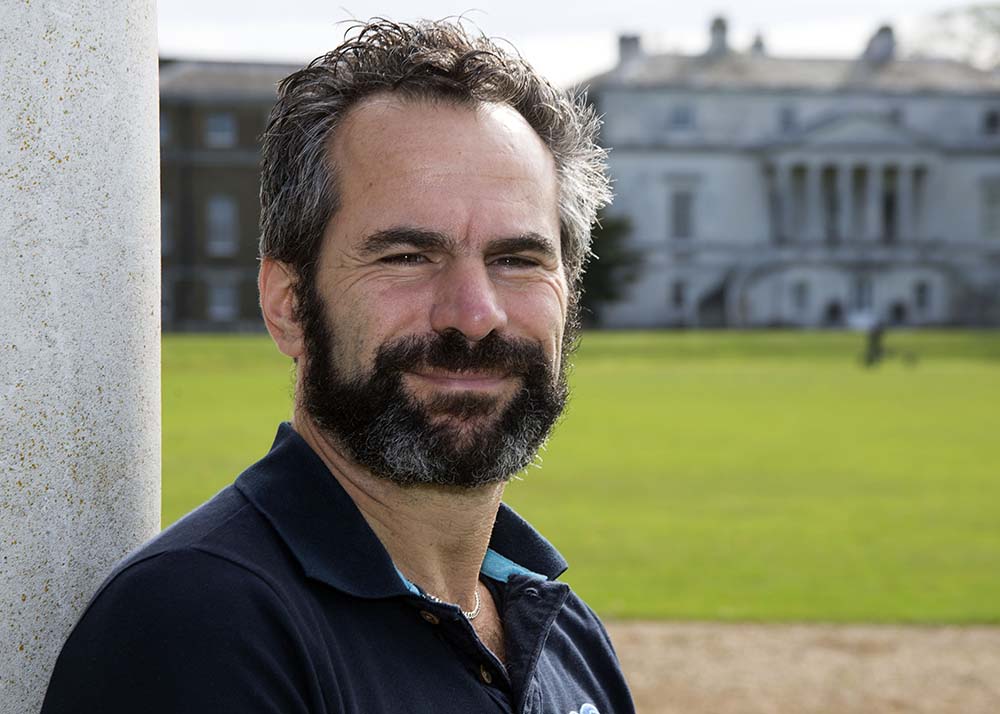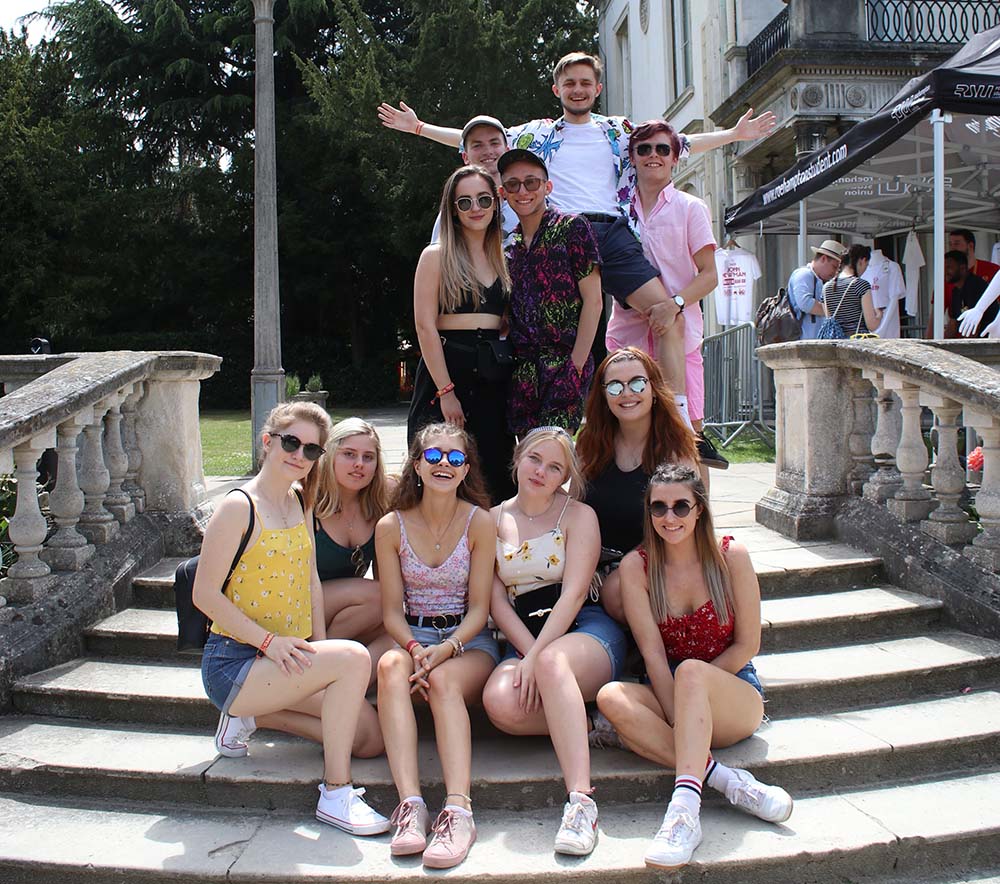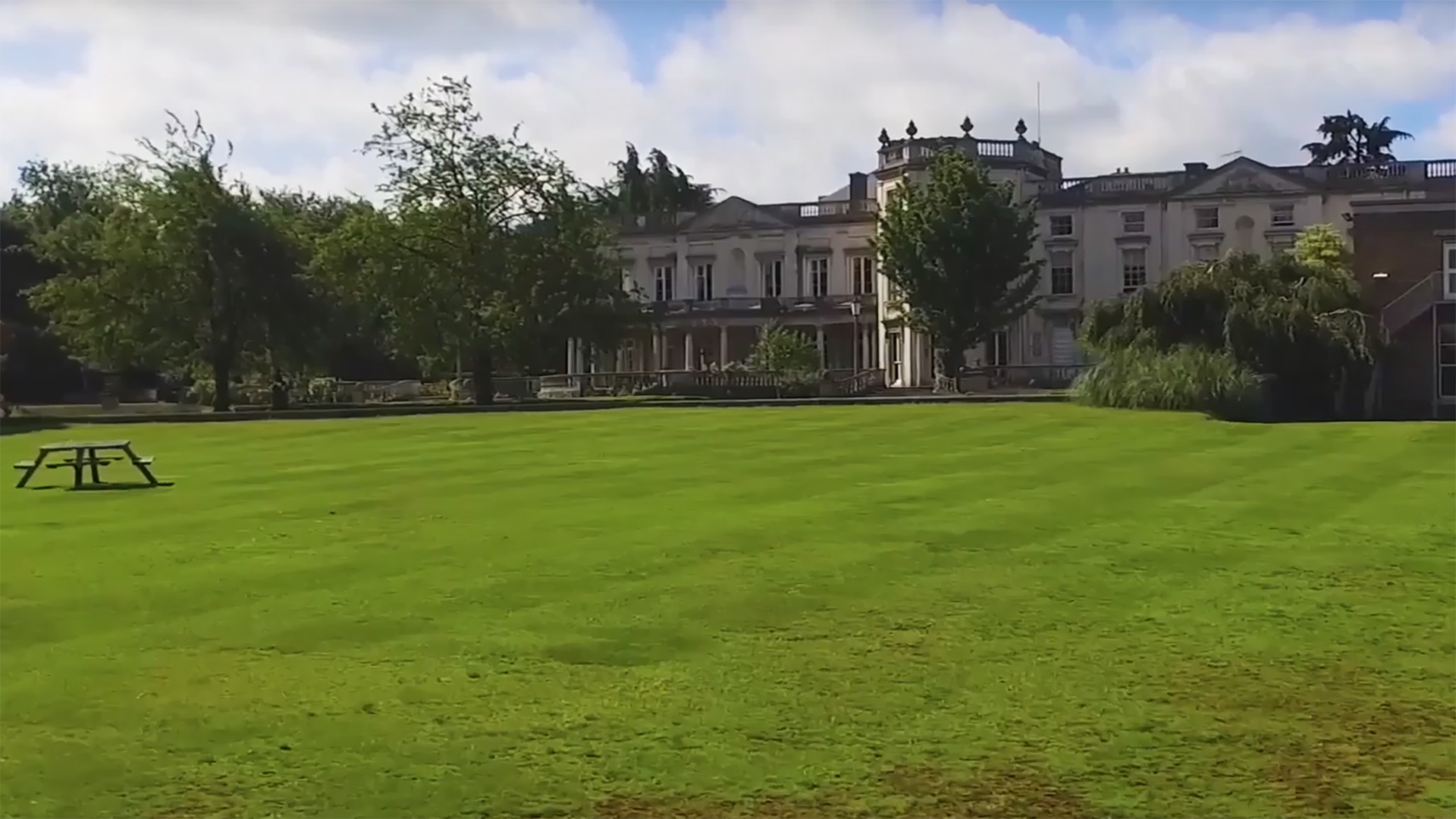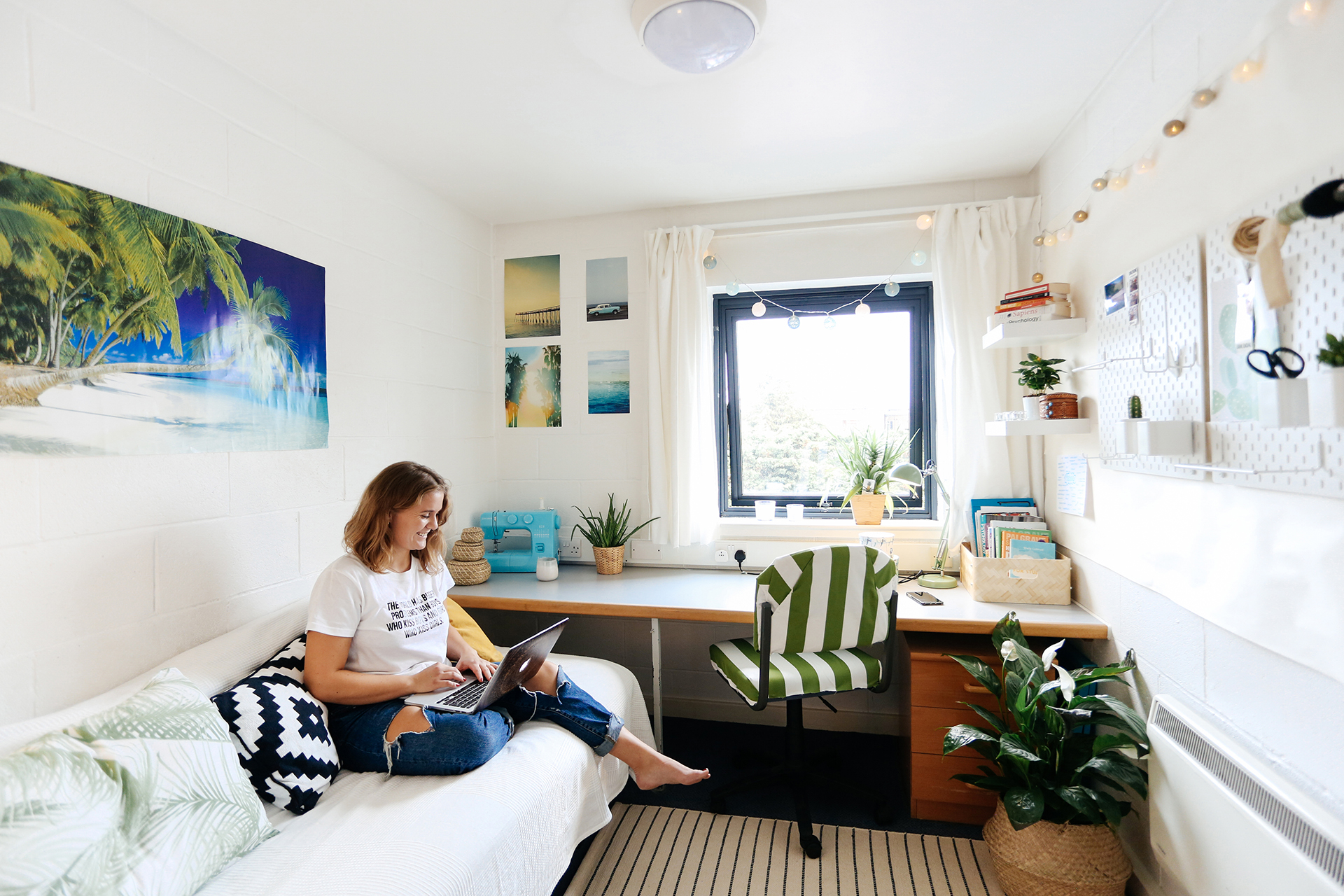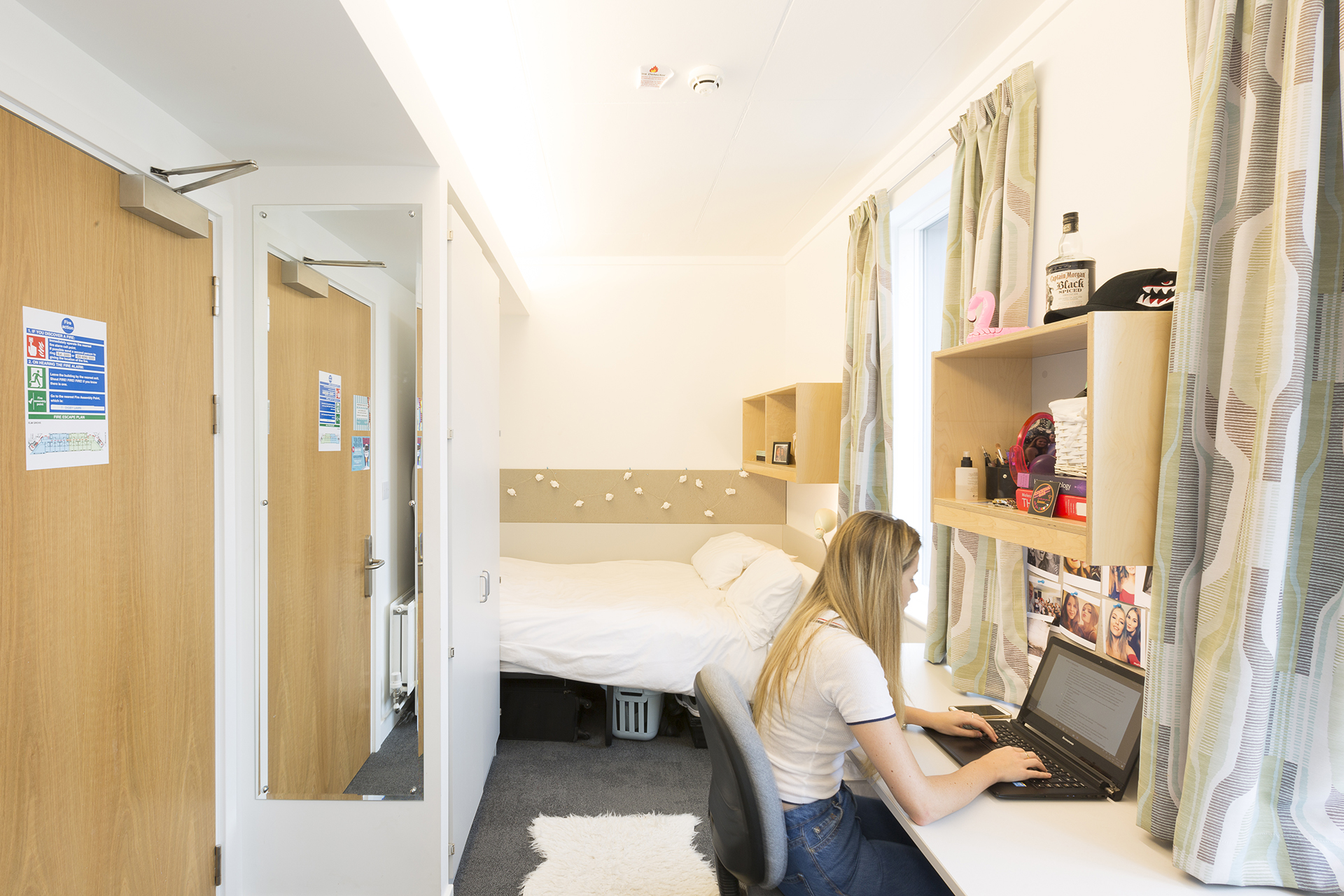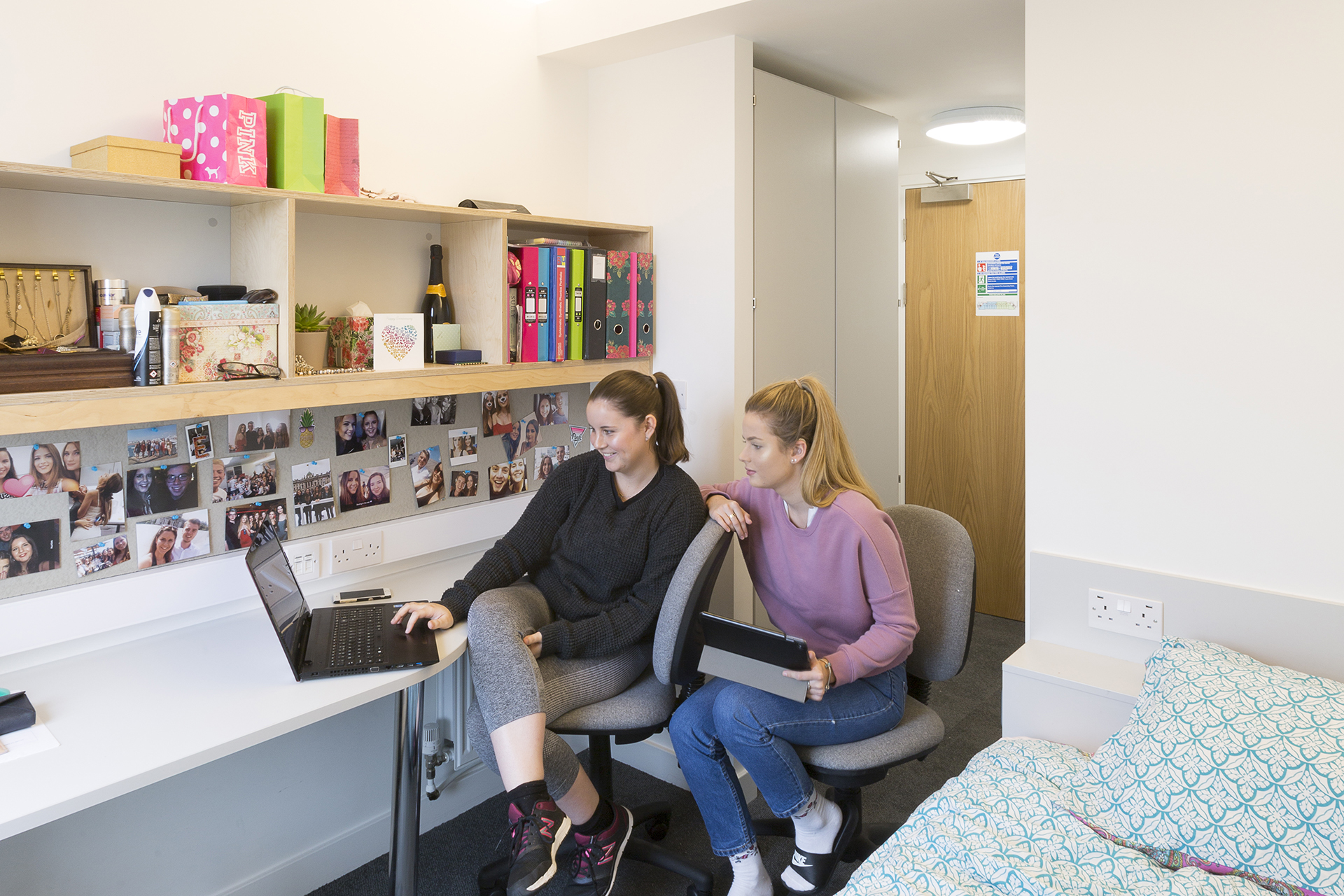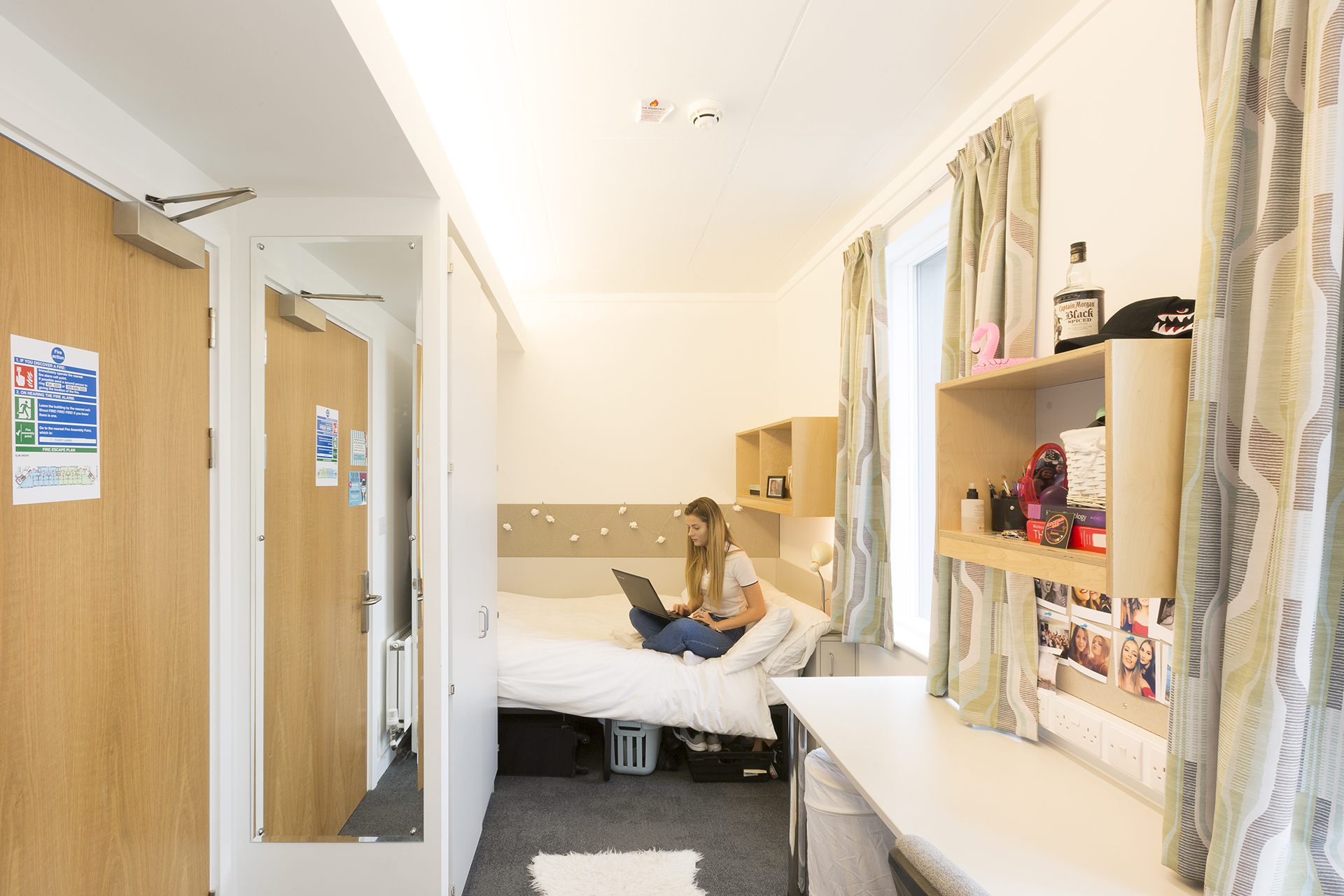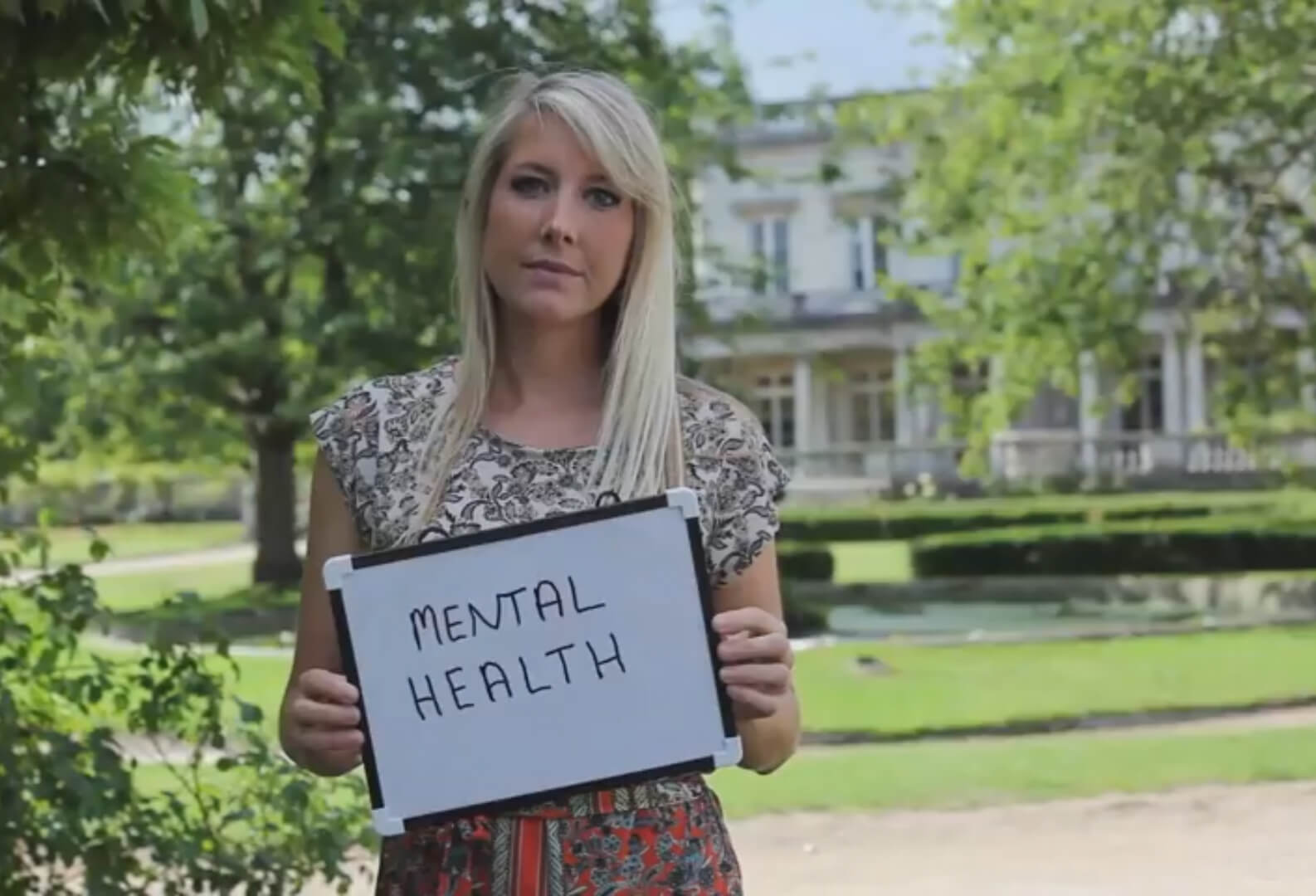Psychology
Psychology in a Changing Society (year one)
This module addresses the need for psychology to reflect and respond to changes in society, particularly on issues that may be prevalent in the media. You’ll examine topics including gender, sexuality, politics, social media, reality television and mental health, through the lens of psychology.
Development and Transition Across the Lifespan (year two)
Study how we change and grow from birth, through infancy, childhood, adolescence and into adulthood. Learn about typical and atypical development, and enhance your understanding of topics such as ‘who we are’, attachment, temperament, self-esteem and identity.
Psychopathology (year three optional module)
Expand your understanding of mental health disorders, examining a range of experiences such as schizophrenia, depression, anxiety, young onset dementia, and confused and disoriented states. Reflect on the theories developed to explain specific symptoms in mental disorders as well as the latest therapeutic methods such as clinical trials, drug treatments and psychological treatments.

